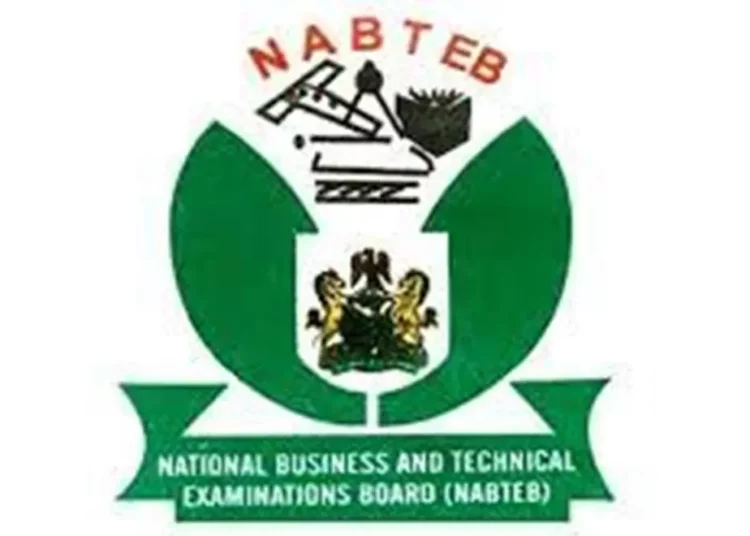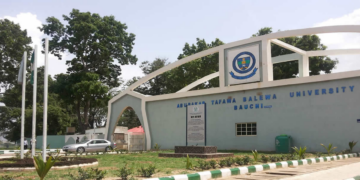The Registrar/Chief Executive Officer of the National Business and Technical Examinations Board (NABTEB), Dr. Mohammed Aminu Mohammed, has reaffirmed the Board’s commitment to aligning Nigeria’s technical education with national development priorities and global best practices.
He gave the assurance in Abuja during the opening ceremony of the review and validation of twenty-six (26) trade syllabi for technical colleges, held at the National Commission for Colleges of Education (NCCE).
Dr. Mohammed described the exercise as a historic step in reshaping the landscape of technical and vocational education and training (TVET) in Nigeria.
According to him, the initiative reflects the country’s collective resolve to ensure that graduates acquire skills relevant to the modern economy and capable of driving industrial growth.
“Our goal is to align technical education with national development and global standards. This is the foundation for producing graduates who can compete globally while contributing meaningfully to Nigeria’s economic diversification and technological independence,” he stated.
The Registrar explained that the 26 trades under review were carefully selected to cover both emerging technologies and traditional crafts critical to national development.
They include Robotics, Coding and Machine Learning, Smart Agriculture, Automotive Mechatronics, Cinematography and Creative Media Production, Hospitality and Catering, Electrical and Solar PV Installations, Fisheries and Aquaculture, Beauty Therapy, among others.
He stressed that the inclusion of trades in green technologies such as solar installations and smart agriculture demonstrates Nigeria’s commitment to sustainable development, food security, and energy independence.
Dr. Mohammed also emphasised the importance of collaboration, noting that the review was a product of seamless cooperation between NABTEB, the National Board for Technical Education (NBTE), industry partners, and sectoral experts.
He assured that NABTEB would provide educator training, quality assurance frameworks, and modern assessment tools to ensure the successful implementation of the syllabi across technical colleges.
He further called on industry stakeholders to support the initiative by offering mentorship, internships, and workplace learning opportunities to students.
While commending the Honourable Minister of Education for providing the enabling environment, Dr. Mohammed lauded NBTE, industry experts, and resource persons for their contributions to the review exercise.
He urged the participants to approach the validation exercise with seriousness, stressing that the decisions made would impact generations of Nigerian youth and shape the country’s industrial development trajectory.





